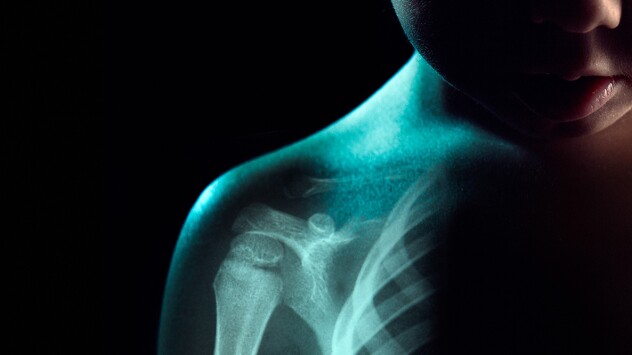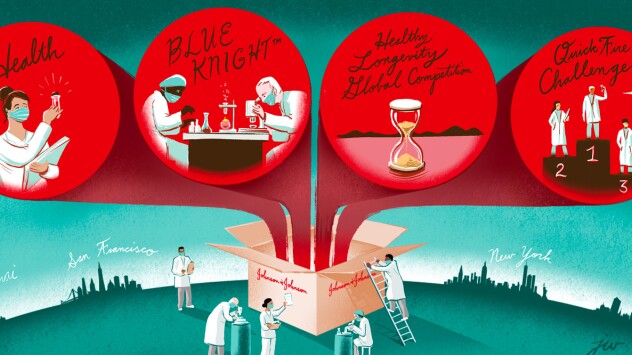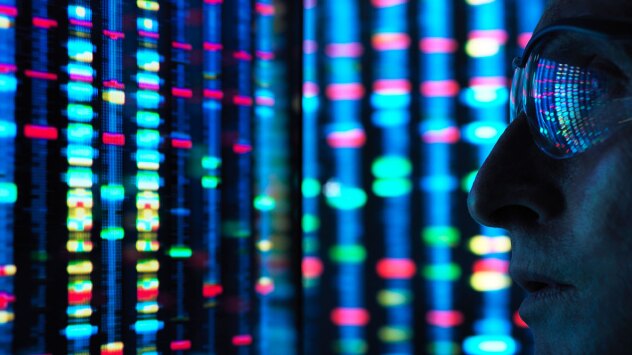- Home
- Heart disease
Heart disease
5 things we now know about atrial fibrillation
More than 50 million people worldwide are affected by this common type of heart arrhythmia. Learn the facts behind this heart condition, plus one patient’s diagnosis story.
Shockwave IVL: Inside the development of a game-changing technology to treat coronary and peripheral artery disease
Johnson & Johnson’s Patrick Stephens explains how innovative technology using ultrasonic acoustic pressure waves has made the treatment of certain types of cardiovascular disease easier for doctors and safer for patients.
What’s the difference between a heart attack and cardiac arrest?
Both are life-threatening heart-health emergencies, but they are two distinct conditions with different causes and treatment. Here’s what a cardiologist wants you to know.
3 smart tech tools that help diagnose pulmonary arterial hypertension
In many cases, it can take more than two years to diagnose this rare disease—and that delay can be deadly. For Pulmonary Hypertension Awareness Month, learn why Johnson & Johnson is on a mission to identify patients earlier by harnessing the power of artificial intelligence, smartphone apps and more.
4 things scientists now know about autoimmune diseases in kids
Two experts in the field share the latest understanding and research into conditions like pediatric plaque psoriasis, juvenile idiopathic arthritis and pediatric active psoriatic arthritis—diseases that afflict children and can have long-term damaging effects into adulthood if not properly treated.
4 things we now know about the rare disease AL amyloidosis
Imagine having a disease that many doctors have never seen before. That’s what Marty Verel experienced when he was told he had AL amyloidosis—and it’s what hematologist Brendan Weiss, M.D., is determined to help change. For Rare Disease Day, Dr. Weiss shares what he’s learned studying the rare disease.
4 ways Johnson & Johnson is cultivating outside-the-box innovations for COVID-19
In addition to its own cadre of scientists hard at work fighting the pandemic, Johnson & Johnson also supports external researchers and entrepreneurs equally dedicated to finding solutions for the current health crisis. We take a look at some of this groundbreaking work happening across the globe—from San Francisco to Seoul.
Quiz: Could you have AFib and not know it?
Some 33 million people worldwide have atrial fibrillation, a form of heart disease that can lead to stroke. Are you at risk? For AFib Awareness Month, take this quiz to test your AFib know-how.
Can an Apple Watch reduce the likelihood of suffering a stroke? The innovative study that’s tackling the problem of AFib
Cardiologist C. Michael Gibson is heading up a virtual research study that uses wearable technology and cutting-edge apps to help detect atrial fibrillation, one of the biggest risk factors for stroke. We dive into how the study will work.
Cracking the genetic code: Why gene sequencing may hold the key to intercepting diseases before they start
Cancer. Alzheimer’s. Even suicide risk. The clues to preventing these and other conditions could be found in our DNA—and these scientists are at the forefront of promising new genetic data research to uncover them.









